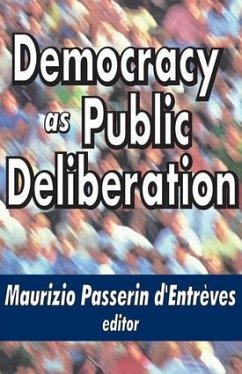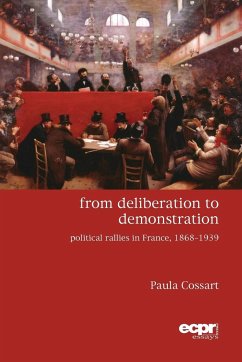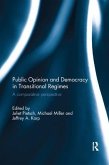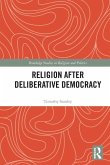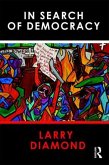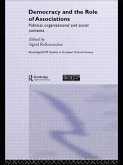One of the most remarkable developments in the last twenty years has been the revival of the idea of deliberative democracy. Set against aggregative models of democracy derived from economics, such as the theory of rational choice, the idea of deliberative democracy, or decision-making based on public deliberations among free and equal citizens, represents a highly significant development in democratic theory. Exploring this development, this book provides a fresh and original perspective on a theme at the center of current debates in democratic theory and practice. The essays collected in this volume offer a series of powerful arguments in support of the view that fair and equal treatment of groups is best defended on the basis of a theory of public deliberation. Such a theory has both a normative and institutional dimension. It provides a framework for the normative justification of state policies toward socially or culturally disadvantaged groups, and suggests several institutional mechanisms, such as deliberative forums and citizen's juries, where the voices of disadvantaged groups can be articulated under fair conditions and become effective in shaping' public policy. Democracy as Public Deliberation reminds us that the issue of democracy is not simply one of top-down management and control, but bottom-up considerations that are often located in ethnic, religious and linguistic groups. The great virtue of this volume is to identify statist systems that claim to be democratic, but only in terms of the dominant culture. Democracy as Public Deliberation indicates that democracy often comes in small packages--and in that very fact, it tests the actual ambitions and standards of the macro-state. This is an especially powerful volume for those interested in the strengths and weaknesses of third world structures.
Hinweis: Dieser Artikel kann nur an eine deutsche Lieferadresse ausgeliefert werden.
Hinweis: Dieser Artikel kann nur an eine deutsche Lieferadresse ausgeliefert werden.

